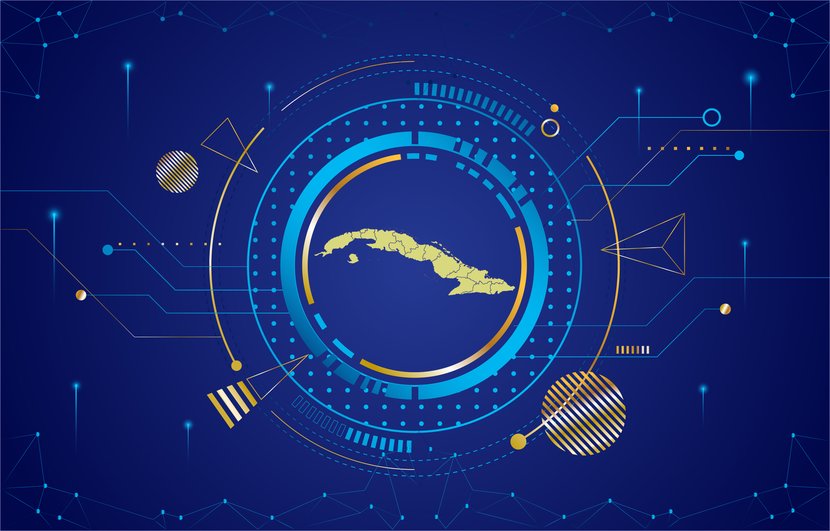
14 December 2021
From the computerization of society to digital transformation in Cuba.
At the meeting of the National Innovation Council for the month of December, which was headed by the President of the Republic, there was a profound debate on the digital transformation in Cuba, an integrating concept, which is the continuity of the computerization process of Cuban society. For some years, Cuba has been going through a process that has been defined as the computerization of society: one of the three pillars that supports government management.
Although the actions carried out have not yet reached the magnitude demanded by the country's development, they have led to unquestionable advances in government and electronic commerce. Concepts, like life itself, evolve and lead to refining and expanding processes to get the most out of them. Along this path, Cuba assumes new precepts that lead it towards digital transformation: a new moment in which digital technologies are integrated in all areas of society, where the center of doing is people.
"Contributing and interesting", according to the evaluations of the President of the Republic, Miguel Díaz-Canel Bermúdez, was the debate that aroused this issue during the meeting of the National Innovation Council for the month of December, which took place at the Palacio of the Revolution.
The scope and speed associated with new digital technologies —explained Ailyn Febles Estrada, president of the Cuban Union of Informatics— has led us to define digital transformation with new paradigms, as a time superior to computerization. «It is not fashion, it is something that is here to stay. It is not a simple change, it is revolutionary in many ways. It is a process, he said, it is not something that takes one day or two: it is an evolutionary process, very complex and demanding, which requires the participation of all and on which there is still no consensus in its conceptualization.
As an essential support for this new moment, the rector of the University of Informatics Sciences (UCI), Raydel Montesino Perurena, commented on some of the actions that are carried out in the country for education and training on these issues. This, he said, is a "strategic issue to achieve the digital transformation that we have proposed."

